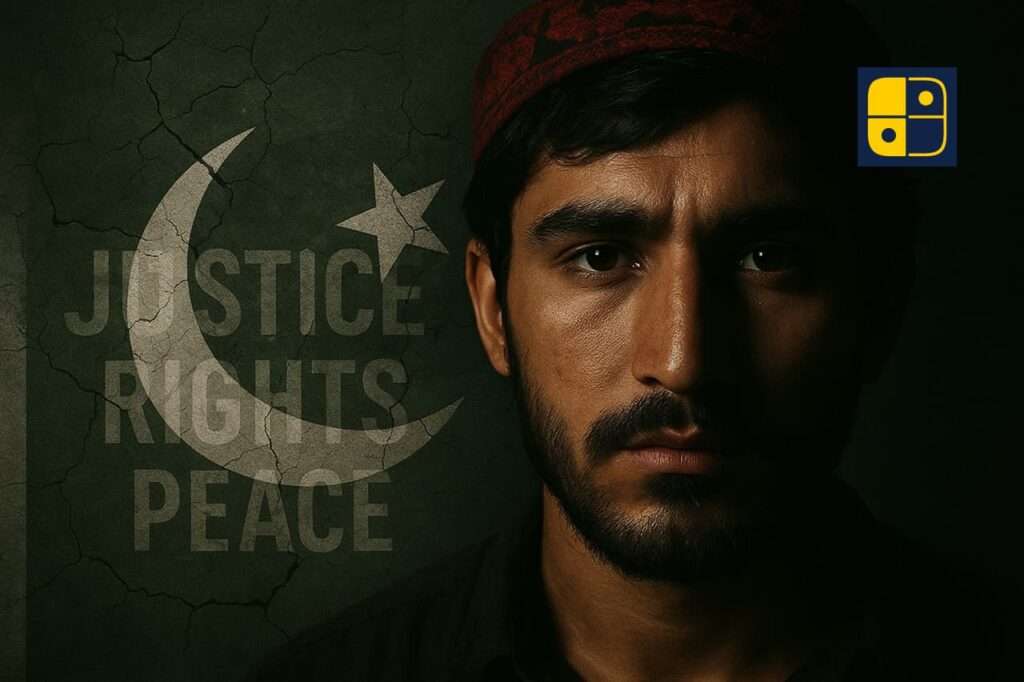The slaughter of 11 Pakistani paramilitary soldiers in Khyber Pakhtunkhwa is not an isolated tragedy. In fact, attacks like this have formed a macabre habit in Pakistan’s northwest region, which has suffered decades of neglect, dispossession, and broken promises.
The roots of this militancy lie in the long-standing grievances of the Pashtuns. For decades, the tribal areas were governed under colonial laws, denied basic rights, and used as a buffer zone rather than as part of Pakistan. After the year 2001, military operations against Tehrike-e-Taliban Pakistan (TTP) turned homes into battlegrounds and provided a backdrop for the dislocation of millions and destruction of entire communities.
In 2018 peaceful Pashtuns came together to form the Pashtun Tahafuz Movement (PTM) to respond to their suffering, following the leadership of Manzoor Pashteen and others in the PTM. The PTM peacefully demanded justice for extrajudicial killings, removal of landmines, and an end to racial and ethnic profiling. In response to their demands the state censored and imprisoned those peaceful voices. As those peaceful attempts at representation were invalidated, frustration began to build. Many frustrated Pashtuns, having experienced a complete lack of justice in the system, drifted into the hands of groups like the TTP, who appropriately invoke these real grievances to wage their ideological war.
Even after the merger of FATA into Khyber Pakhtunkhwa, the promised reconstruction never came. Military control persists, while unemployment and resentment grow.
Pakistan’s Pashtun belt now stands at a crossroads: one path leads to reform through movements like PTM, the other to revenge through militancy. Unless the state addresses the roots of this alienation, each new attack will remain a reminder of voices left unheard.

